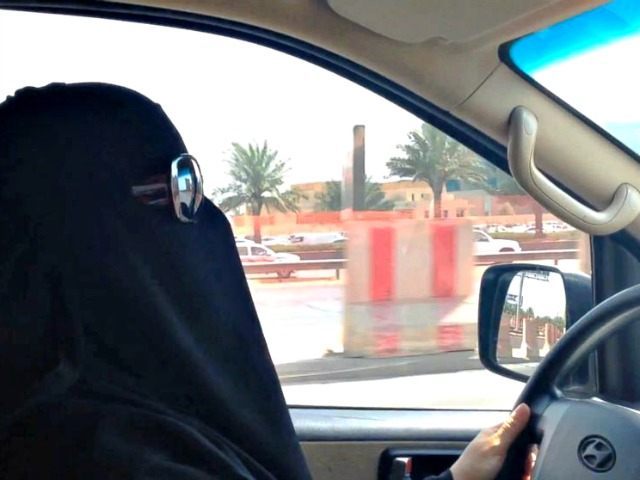Saudi Arabia has sentenced a journalist to five years in prison after he insulted the kingdom’s rulers on Twitter while supporting the right of women to drive.
Amnesty International reported that the kingdom also issued an eight-year travel ban for Alaa Brinji and fined him 50,000 riyals ($13,300).
“The sentencing of Alaa Brinji to a five-year prison term is utterly shameful. He is the latest victim of Saudi Arabia’s ruthless crackdown on peaceful dissent, where the aim appears to be to completely wipe out any and all voices of criticism,” declared James Lynch, Deputy Director of Amnesty International’s Middle East and North Africa Program.
He added: “Putting someone behind bars for peacefully exercising his legitimate right to freedom of expression, and defending the rights of others to do so, is a complete distortion of the very notion of justice. The authorities must ensure his conviction is quashed and release him immediately and unconditionally.”
Authorities arrested him on May 12, 2014, and have kept him behind bars since. They denied him access to a lawyer while in solitary confinement. The Specialized Criminal Court (SCC), Saudi Arabia’s counter-terrorism court, convicted Brinji on these charges: “insulting the rulers of the country,” “inciting public opinion,” “accusing security officers of killing protestors in Awamiyya,” “ridiculing Islamic religious figures,” and “violating Article 6 of the Anti-Cyber Crime Law.”
Amnesty noted the Saudi kingdom “has sentenced many activists and dissidents to lengthy prison terms, and even to death, after grossly unfair trials” since 2014.
In December, journalist Qunan Al-Ghamdi accused the kingdom of promoting extremism and pushing the youth to become “criminal murderers in the ranks of ISIS.”
“Our sons are still marching en masse to become cannon fodder in civil wars and [to serve as] criminal murderers in the ranks of ISIS in every war or terrorist crime around the world,” he wrote. “[Saudi youths] form the majority in every arena of so-called jihad. The wellsprings of extremism and fanaticism still [exist] everywhere in our country, to the extent that some boys and girls in our schools accuse other boys and girls of heresy or of straying from the right path just for mentioning some pictures [they liked] or some movies they saw.”
The kingdom banned a National Geographic issue in September 2015 “for cultural reasons.” The publication chose a picture of Pope Francis for the front cover.
“Saudi censors might have also seen dangerous implications for the Wahhabi state in how National Geographic framed its coverage, as the cover referred to Francis leading a ‘quiet revolution’ to reform the Catholic Church,” wrote Foreign Policy.

COMMENTS
Please let us know if you're having issues with commenting.